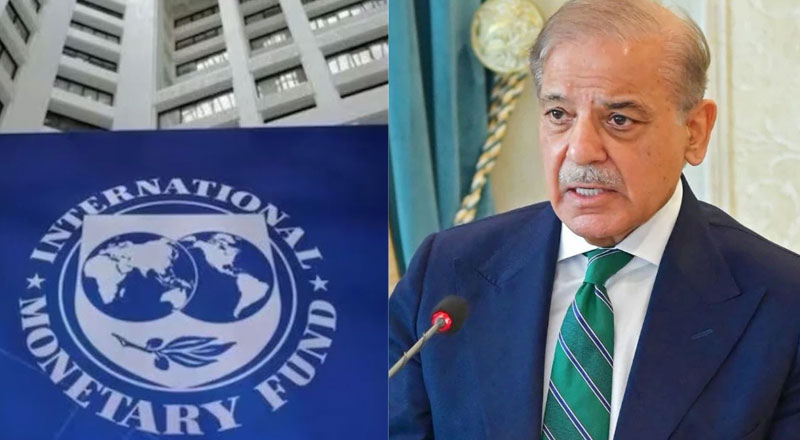A Controversial Crackdown
In a move that has sparked widespread debate, the United States government has revoked the visas of hundreds of international students, including some from India, citing concerns over national security. The crackdown is primarily focused on students allegedly involved in campus protests and online activities deemed supportive of Hamas, a group designated as a terrorist organization by the U.S. government. While the administration argues that these measures are necessary to safeguard the country, critics contend that the policy infringes on free speech and academic freedom, leaving many international students in a state of uncertainty.
Tighter Scrutiny on Student Visas
The U.S. Department of State has initiated a rigorous review process to assess international students’ activities both on campus and online. As part of this initiative, an AI-driven surveillance program, dubbed ‘Catch and Revoke,’ is being used to monitor social media platforms and digital footprints.
Authorities claim that students found engaging in activities perceived as supporting Hamas or other proscribed organizations have had their visas revoked and have been asked to leave the country immediately. U.S. Secretary of State Marco Rubio has confirmed that his office has revoked over 300 visas, labeling student activists as “lunatics” and warning that revocations will continue daily.
Indian Students Among Those Affected
Among those affected by the mass revocations are Indian students who have faced expulsion even without active participation in physical protests. Some have been penalized for simply sharing or liking content on social media that authorities deemed problematic.
One such case is that of Ranjani Srinivasan, a 37-year-old student at Columbia University, whose visa was revoked for alleged activities linked to Hamas. Speaking to The New York Times, Srinivasan expressed her fear that even minimal political speech on social media could lead to severe consequences.
Legal and Ethical Concerns
The aggressive revocation policy has raised serious legal and ethical concerns. Critics argue that the U.S. government’s actions may violate First Amendment principles, which protect freedom of speech and expression, even for non-citizens residing in the country.
Organizations such as the American Association of University Professors and the Middle East Studies Association have filed lawsuits against the administration, asserting that targeting students based on their views is unconstitutional and threatens academic discourse. They argue that these actions create a chilling effect on free speech, where students feel pressured to self-censor for fear of deportation.
The U.S. Government’s Justification
Defending the visa revocations, Secretary Rubio reiterated the administration’s commitment to national security. “The United States has zero tolerance for foreign visitors who support terrorism,” Rubio posted on X (formerly Twitter) last month.
He further clarified that visa applicants who explicitly state an intention to participate in disruptive movements, vandalism, or activities deemed as harassment will not be granted entry to the country.
“If you apply for a visa to enter the United States and tell us that you want to participate in movements that vandalize universities, harass students, or take over buildings, we’re not going to give you a visa,” Rubio said.
Impact on International Students
The sweeping visa revocations have created an atmosphere of uncertainty and fear among international students in the U.S. The broad criteria for visa cancellation, which include both physical protests and online activity, have led many students to reconsider their involvement in political discourse.
Educational institutions are also grappling with how to navigate this shifting landscape. Universities are finding it increasingly difficult to balance student activism with the potential risks to their international student communities. Some universities have started issuing warnings, advising students to be cautious about their public and online statements.
What Next for International Students?
As the situation unfolds, it remains unclear how long this policy will be enforced and whether it will extend further. The policy has already generated significant debate among policymakers, civil rights organizations, and international communities.
For international students currently in the U.S., legal experts advise taking the following precautions:
- Be mindful of social media activity: Avoid engaging in discussions or sharing content that could be misconstrued as supporting any proscribed organization.
- Understand visa regulations: Stay updated on the latest visa guidelines and be aware of any policy changes that could impact status.
- Seek legal counsel if affected: If a visa is revoked, consulting an immigration attorney can provide clarity on legal rights and potential options for appeal.
The U.S. government’s decision to revoke hundreds of international student visas has ignited a larger conversation about national security, free speech, and the rights of foreign nationals in the country. While officials defend these measures as necessary for maintaining security, critics argue that they undermine fundamental freedoms and set a concerning precedent. As international students navigate this uncertain terrain, the debate over the balance between security and civil liberties continues to intensify.
(With inputs from agencies)





